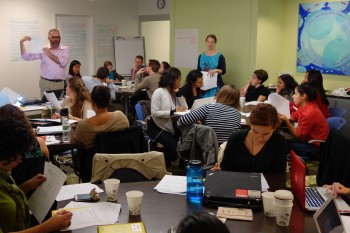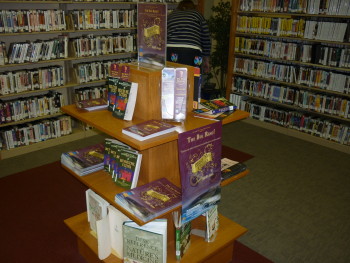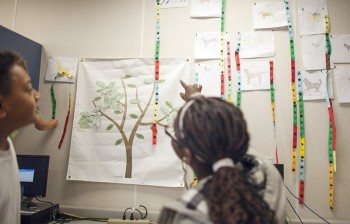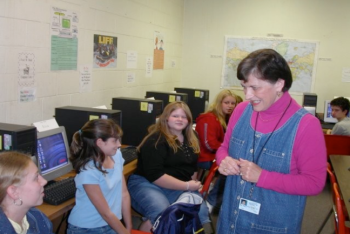We provide formative, early-stage research, as well as summative evaluations of learning outcomes and experiences. Our rigorous research helps clients to develop and evaluate products and programs that support engaged learning, by identifying trends, determining strengths and weaknesses, and offering feedback and recommendations.
Our quantitative and qualitative research methods are based on academic models, market research strategies, and field experience, and we often combine qualitative and quantitative research methods to achieve optimal levels of depth and breadth. We welcome the opportunity to discuss your project with you and to provide more information about our tailored services. Please Contact Us to schedule a free 30-minute Q&A session with a consultant.







